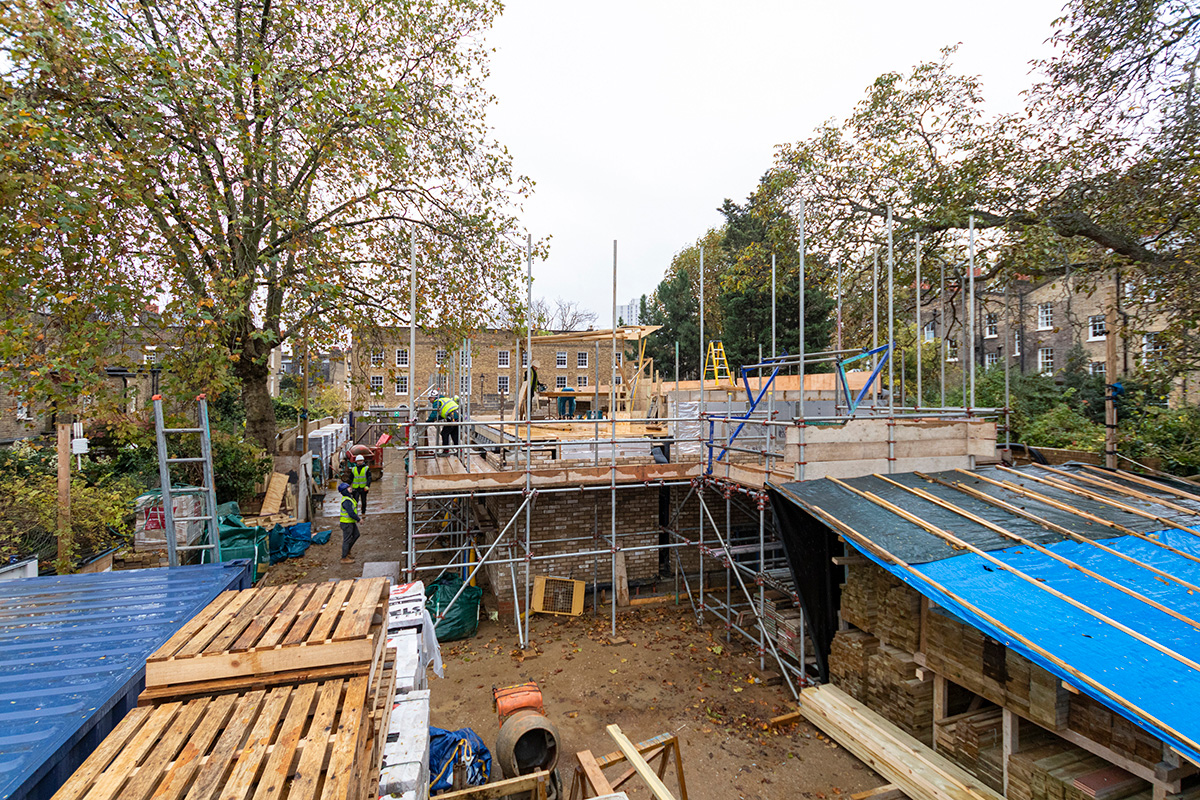Our commercial director Stanley Leask discusses construction industry challenges, the need for change and how Thames & Newcastle is responding.
The demise of ISG serves as a stark reminder of the challenges of working in construction. In recent years, a combination of factors has collided to clog the gears of progress and the knock-on effect is hitting bottom lines and supply chains. But amid the uncertainty, there are glimmers of opportunity, and companies are adapting to maintain a competitive edge.
So, what are the biggest challenges – and how can these be overcome?
1. Rising Interest Rates
Significant hikes in interest rates have impacted financing for developers and individuals. Developers who purchased land during lower interest periods are now finding the numbers don’t stack up. Financing costs are cutting into potential profits, making projects riskier and, in some cases, no longer feasible.
For private homeowners, economic uncertainty makes large investments such as renovations and extensions feel risky too, which has seen many put the brakes on their plans.
Although interest rates were lowered in August, a further cut next month could provide the push needed to reduce development risk, increase consumer confidence, and spark renewed interest among investors.
2. Planning System Constraints
The need to overhaul the UK’s planning system has been well documented. A backlog of planning applications, lack of resources, unnecessary restrictions, and fear of local opposition are just some of the factors driving reform.
The impact of planning barriers has seriously affected one of our own developments in Chelmsford, which has been in planning since 2019. Our proposal has moved from seven homes to four, only to be met with multiple refusals mainly because the site is located within a zone that has already met its housing targets.
To turn the tide, streamlining planning rules and consultations combined with more flexibility and consistent decision making are essential to speed up approvals.
3. A Shifting Political Landscape
The recent change in government brings added uncertainty to the mix. Although Labour has outlined plans focusing on improving affordable housing, planning, infrastructure, sustainability, and skills, only time will tell if these policies come to fruition.
It’s hoped that Labour’s Autumn budget may help provide some stability for construction fulfilling the Chancellor’s promise to deliver ‘real ambition’ and ‘get Britain building again.’ Planning reforms, clarity on taxes and investment in infrastructure will all be welcome changes for our industry.
Navigating the Road Ahead
Addressing these challenges won’t happen overnight, but rather than adopting a wait and see approach, we must focus on the future. At Thames & Newcastle, we’re seeking to adapt and diversify to weather the storm and ensure we’re in the strongest position for what lies ahead.
Our plans include broadening our services, adding project management and consultancy to our offering from early next year. This will enable us to provide expertise during the early project stages, ensuring the most viable design and minimising risk. This model will also enable developers to reduce their overall costs, with the option to pay just one flat management fee rather than budgeting for different construction packages.
Our maintenance services are due to be relaunched too, providing our clients with more structured packages for completed projects. Furthermore, we’re exploring the potential to diversify our in-house joinery division, offering its specialist services to other contractors and developers.
Adopting a more strategic approach to marketing, we’re preparing to rebrand and revamp our website while continuing to raise brand awareness through online content.
We’re also taking the opportunity to invest in new technology to streamline our operations with a new accounting and estimating system forming part of our improvements.
Preparing for Recovery
Labour’s Autumn budget does not seem to have been as harsh as was feared and, apart from the immediate Stamp Duty Land Tax changes, did not unduly impact the property and construction sectors. It is hoped this may provide some stability now for construction, fulfilling the Chancellor’s promise to deliver ‘real ambition’ and ‘get Britain building again.’ Planning reforms and investment in infrastructure will all be welcome changes for our industry.

